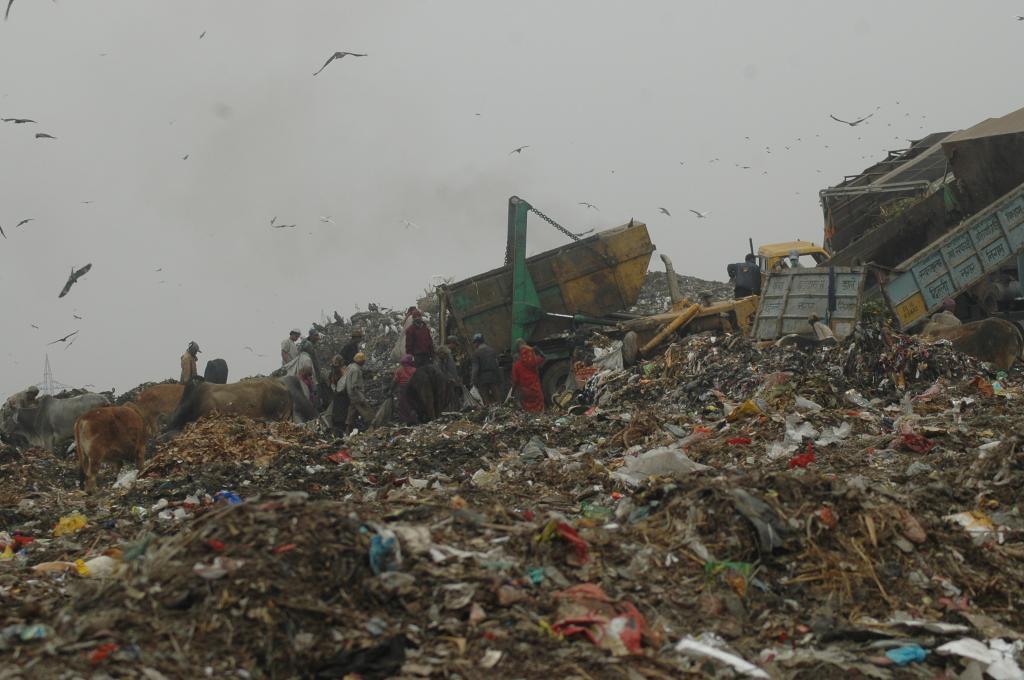India is the world’s second most populous country and second fastest growing economy. India’s population will grow from 1030 million to 1400 million during the period 2001-2026, increasing by 36% by 2026 if we assume an annual growth rate of 1.2%. Accordingly, about 285 million people live in urban areas and about 742 million people live in rural areas. (Census of India, 2001). Urbanization is increasing in India as people move from villages to cities and population in metros is growing rapidly. Mumbai is the most populous city, followed by New Delhi and Kolkata. In this article, we will talk about zero waste management in India and the importance of waste management in India.
What is the Zero Waste Philosophy?
The zero waste philosophy is based on the concept of managing materials in a way that preserves quality, reduces environmental impact and conserves natural resources. It seeks to ensure that products can be repaired, reused or recycled in nature or on the market. Achieving zero waste requires a shift from waste management through incinerators and landfills to value-added resource recovery systems.
The Zero Waste International Alliance defines zero waste as the conservation of all resources through responsible use, reuse and recovery of materials, packaging and materials. Its processing shall prevent the waste from being incinerated or buried and shall prevent all spills to land, water or air that may pose a risk to the environment or human health.
Some definitions of zero waste emphasize recycling and composting as ways to reduce waste. However, the zero-waste concept goes beyond recycling and composting at the end of a product’s life. It covers the entire process from design to raw material sourcing to manufacturing and finally disposal.
Importance of zero waste management in India
A zero-waste approach requires innovative design and management of products and processes to systematically reduce the amount and toxicity of materials. It tackles the waste problem by creating incentives and strategies for environmentally friendly production and packaging and resource management. Creating more sustainable products that are easily recyclable or biodegradable at the end of their useful life.
One of the goals of Zero Waste is to guide people to make lifestyle changes that follow sustainable natural cycles. In the natural cycle, discarded material becomes a resource for others to use. It focuses not only on natural resources but also on energy consumption and efficient construction.
Garbage, especially plastic, is very harmful to the ocean. According to the Center for Biological Diversity, billions of pounds of plastic are dumped into the world’s oceans every year. Species are greatly affected by this waste. Fish, sea turtles and seabirds eat plastic and get sick or die. Marine mammals also eat plastic and become entangled in litter. Dead bodies of marine animals are often found in plastic garbage. The death of many animals affects ecosystems and damages biodiversity, which is essential for a healthy ecosystem.
Creating new products requires a lot of energy. When products are discarded as waste, they must be replaced with new products, continuing the cycle of greenhouse gas emissions. However, with zero waste, old items made from materials such as paper, glass, metal and plastic are recycled and turned into new ones.
Conclusion
Zero-Waste India brands are becoming the most sought after brands. These brands produce products that last longer and reduce the use of single-use plastics. Now more than ever, it’s more important to switch to brands that care about making products that are good for you and the planet.

